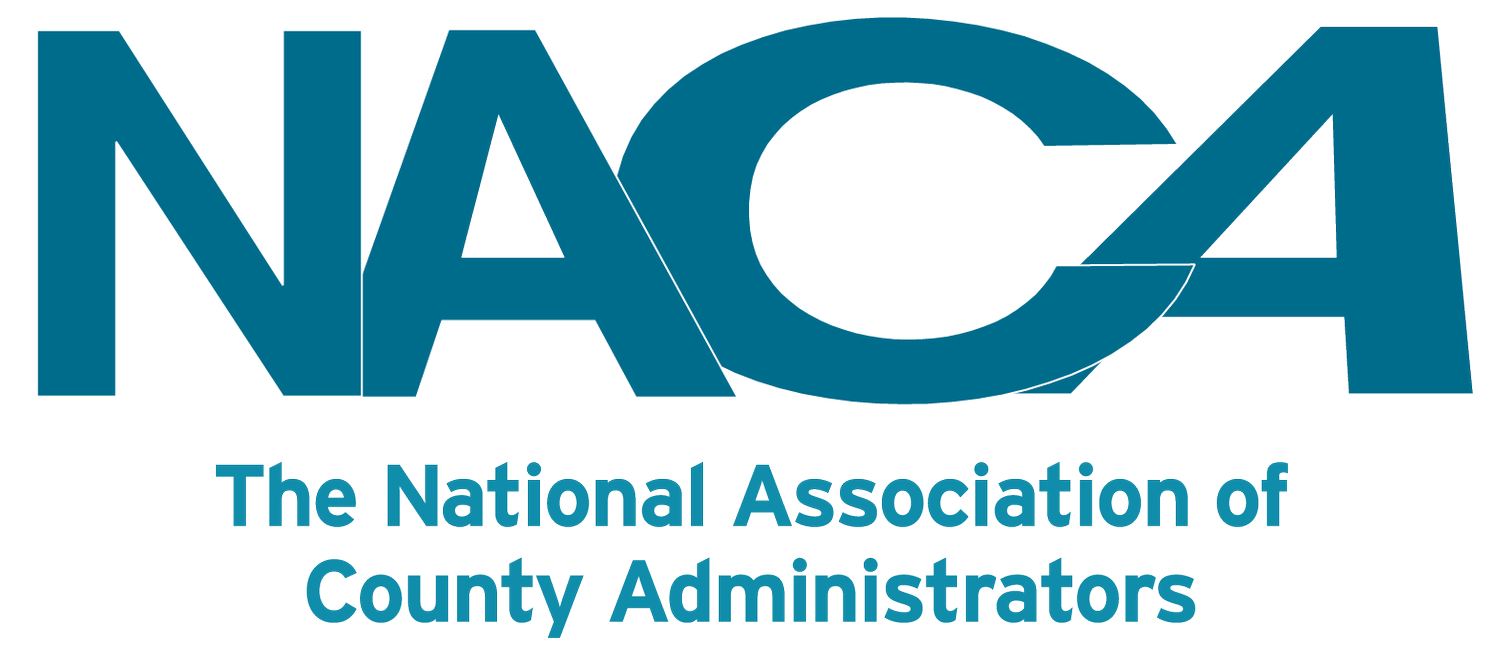Major renovation project announced for Montgomery County Jail
LOCAL NEWS | By Sydney Dawes | Updated Sept 22, 2023
Montgomery County officials announced a $20 million renovation project at the Montgomery County Jail that will create more than 100 medical beds for inmates.
“A county jail is the mirror image of what’s going on in the community,” said Montgomery County Sheriff Rob Streck. “Like many jails across the country, Montgomery County has seen a significant increase in the individuals being incarcerated with severe medical issues.”
Montgomery County Administrator Michael Colbert said the county hopes to begin construction in late 2024. A request for qualifications will be discussed during next Tuesday’s commission meeting.
With space downtown at a premium, the planned changes to the jail will all be made within the current facility, without any additional square footage, according to county officials.
The jail will be cutting 226 general population beds out of its roughly 900 beds, then adding 100 medical and behavioral health needs beds as a part of the renovation. The jail currently only has 12 medical beds in the entire facility.
Montgomery County’s sheriff said the jail’s average population has declined by 26% over the past several years. But the sheriff’s office has seen a 450% increase in trips to the hospital for inmates experiencing severe medical and mental health conditions.
Streck said many people experiencing a mental health or addiction crisis are more likely to interact with law enforcement than they are to seek treatment for themselves.
“There’ll be higher outcomes for the success of treating individuals with mental health issues and addiction issues when there’s adequate space to treat these chronic health conditions,” he said. “This renovation will not solve all of the challenges in managing an incredibly sick and addicted population. But it does address the essential needs that have been demonstrated again and again.”
The Montgomery County Jail has reported seven deaths among its inmates this year: that’s more than what the facility reported in 2021 and 2022 combined. This includes Steven D. Blackshear, 54; Aaron Dixon, 52; Amber Goonan, 41; Isaiah Trammell, 19; Amanda K. Campbell, 44; Gerald Ford, 47, and Terry Clemmons, 47.
Yvonne Curington, a member of the Montgomery County Jail Coalition – a group of community members who have raised concerns about inmates at the jail — said the expansion of medical beds in the facility is a positive step for the county. But she and others at the coalition hope the county will analyze the medical staffing needs of the building, she said.
She said the coalition, which for years has pushed for changes, also expressed disappointment over not being included in the announcement regarding the jail upgrades.
The Montgomery County Jail has its medical services contracted through health care provider Naphcare.
Naphcare chief psychologist Dr. Amber Simpler on Friday said jails are often the first opportunity people have to connect with behavioral health or medical care providers.
Simpler said renovations at the jail could help people staying at the jail adhere to treatment, all while cutting back on the average jail stay time of inmates and the overall recidivism rate.
“These specialized care units allow for a much higher level of care that is efficient and focused and overall improves safety,” she said.
Montgomery County Commission President Debbie Lieberman said the county’s plan for the future of the jail has been six years in the making and included input from a behavioral health taskforce and the Montgomery County Justice Committee. The county collected public input about the jail through the justice committee from 2017 to 2019.
“The Justice Committee was empowered to review the jail’s policies and procedures to determine what investments were needed to improve safety and ensure a humane environment,” Lieberman said. “Members were local citizens from all walks of life.”
Led by the Greater Dayton Area Hospital Association (GDAHA), the behavioral health task force is composed of healthcare providers and community partners. They collaborate with both “front-line” professionals and recipients of behavioral health services to help guide decision-makers on where resources should be deployed.
Sarah Hackenbracht, president and CEO of GDAHA, said the task force is working to create a county-level dashboard with information that allows courts, law enforcement and jail staff a better view of the care individuals need.
Montgomery County Probate Judge David Bannon said agencies will need to work together to ensure inmates continue treatment after they are released from jail in order to avoid a “revolving door.”
“We hope to reduce criminal recidivism rates so that we can shove people over to probate court instead of feeding them in the jail and through the criminal system,” he said.
Friday’s announcement follows the county’s 2021 decision not to move forward with plans for a $200 million new jail facility. Since that time, the county has spent $7 million on funding for security measures, HVAC replacement and other modifications.


